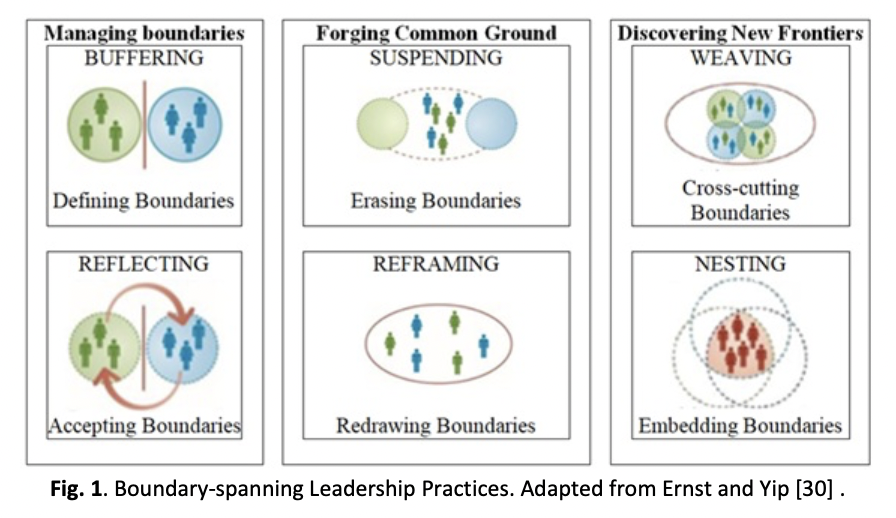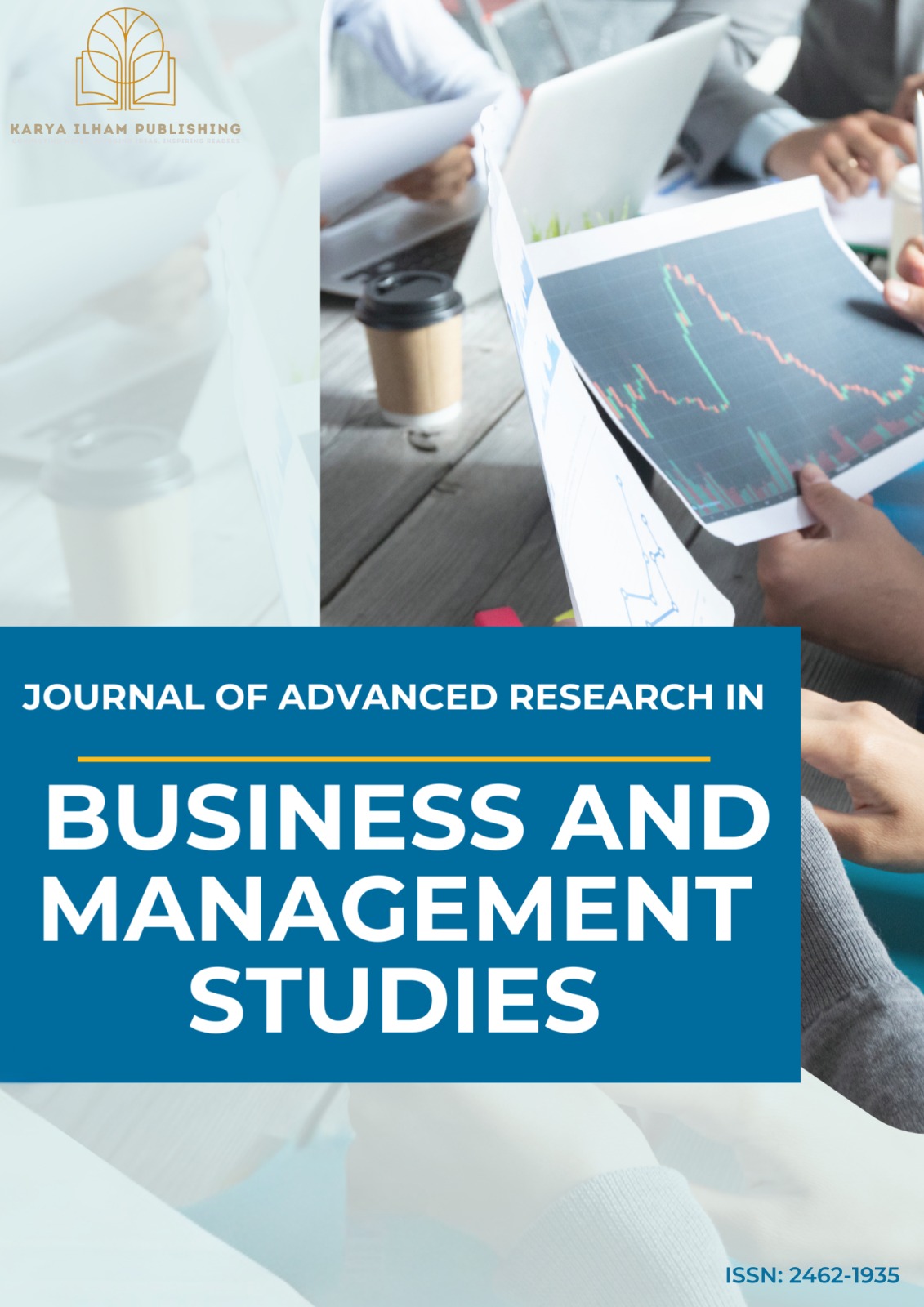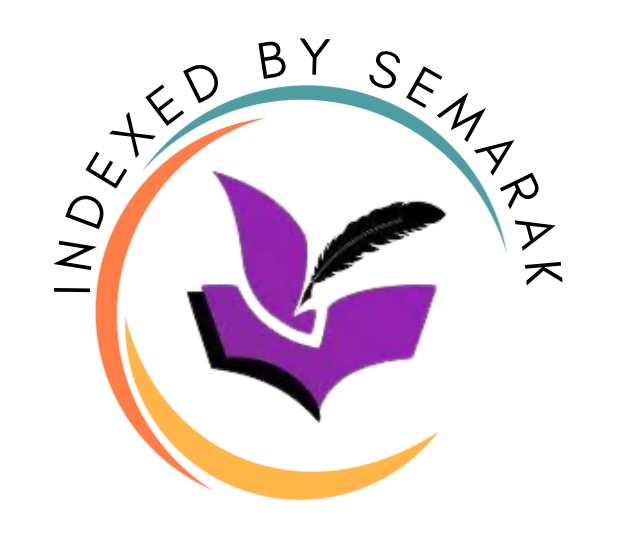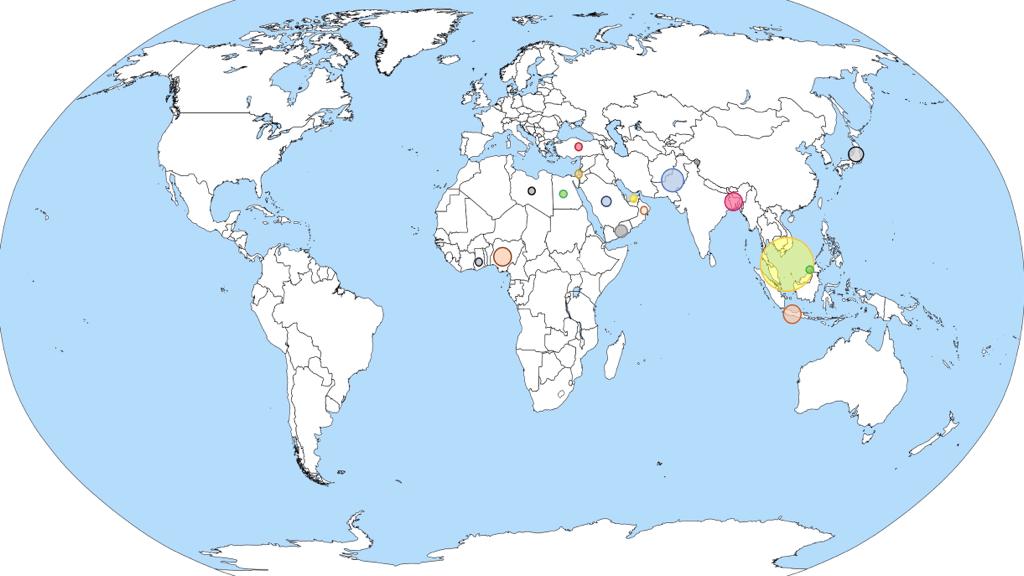Overcoming Boundaries in Crowdsourcing Competitions: The Case of Student Competitions in Taiwan
Keywords:
Boundary-spanning, Crowdsourcing, Competition Design, Open Innovation, Boundary Spanner, Knowledge BrokerAbstract
This study investigates how companies engage with student participants in innovation-driven competitions to enhance outcomes and overcome collaboration challenges. As firms increasingly rely on such contests to generate fresh ideas and maintain competitiveness, barriers often emerge due to students’ unfamiliarity with corporate dynamics and companies’ limited understanding of their external collaborators. Using a case study approach, we analyze two prominent student competitions in Taiwan—ATONA Case Competition (ATCC) and Technology Innovation Competition 100 (TiC100)—involving companies X and Y. Grounded in Ernst’s six boundary-spanning leadership practices, our findings reveal that a seventh practice, guiding, plays a pivotal role in bridging knowledge and communication gaps. Effective engagement requires knowledgeable experts—not randomly assigned staff—to act as knowledge brokers early in the competition. Initially, knowledge objects help facilitate understanding, but as events progress, structured communication becomes increasingly vital. This study extends boundary-spanning theory to inter-organizational collaboration and offers insights for designing competitions that better support student learning and corporate innovation.













